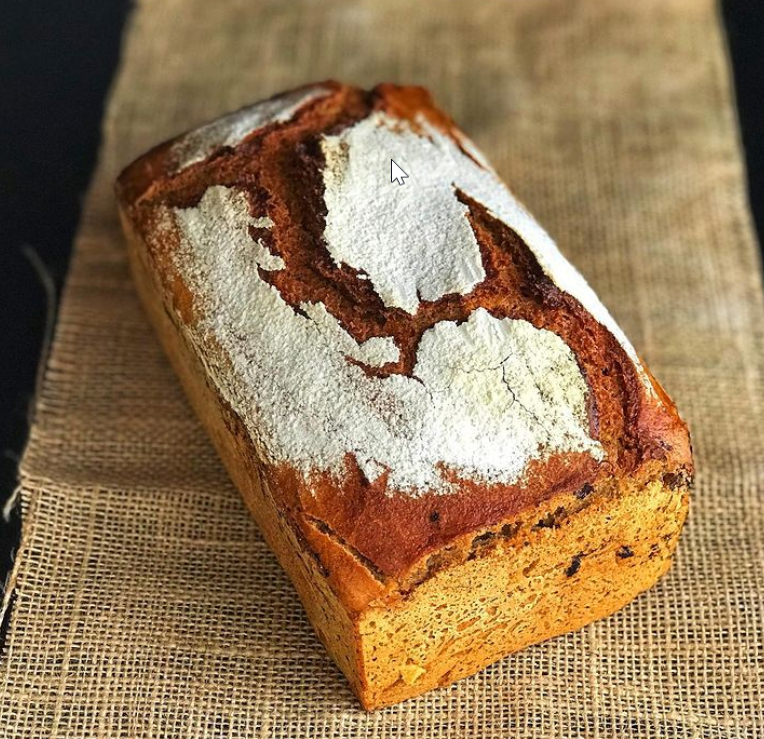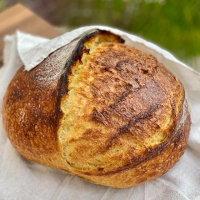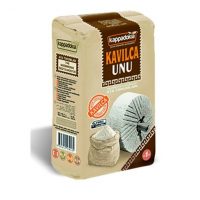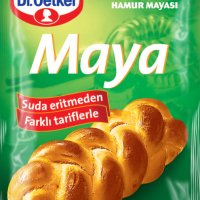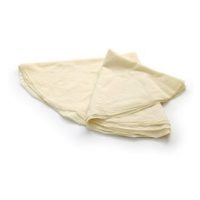Turkish Organic Sourdough Rye Bread 980 g
$31.49
% 100 Unmodified rye flour
%100 sourdough
Rye bread also contains small amounts of zinc, pantothenic acid, phosphorus, magnesium, calcium, and other micronutrients. Compared with regular breads, such as white and whole wheat, rye bread is typically higher in fiber and provides more micronutrients, especially B vitamins ( 1 , 2 , 3 ).
Sourdough is made through a fermentation process that relies on naturally occurring yeast and bacteria to make the bread rise.Sourdough may also be easier to digest than other breads, possibly due to its prebiotics, as well as the probiotics created during the fermentation process. Sourdough bread is thought to have a low glycemic index (GI), a measure of the impact a food has on blood sugar.
All the orders are shipped from Turkey via DHL. We are happy to work with a well-known shipping company.
We ship worldwide by DHL and we will inform your tracking number immediately after your order is shipped.
The preparation time is between one to four working days. The preparation time may be longer for hand made products. Those products are specifically produced for you and it is generally 7 days. If it is longer than 7 days, the details can be found in the description section of the product page.
There are two options for delivery. The first one is DHL Express and it is the faster option. Your order will be at your shipping address between 1 day to 7 days. Details are listed at the bottom. The second option is Normal shipping. Delivery time takes between 25 days to 30 days for Normal shipping. If you are not in a hurry you can always prefer this method.The shipping cost is calculated by the total price of your order. If your cart total is greater, the shipping cost will be lesser. You will earn free shipping when your order total is over 100$.
Estimated delivery times for DHL Express Shipping:
- UK: 1-3 days
- Europe: 1-3 days
- U.S.A and Canada: 2-4 days
- Middle East: 2-4 days
- South America: 2-5 days
- Rest of the World: 2-7 days
Estimated delivery times for Normal Shipping:
- All over the World: 25-30 days
For more information about our delivery service please check here.

